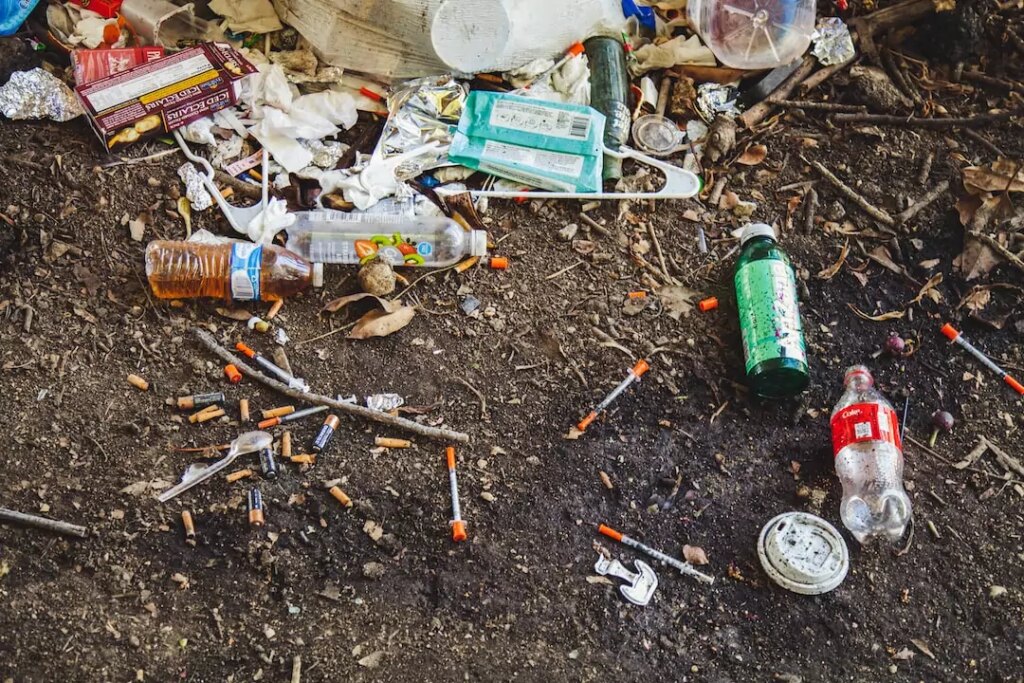Effective addiction treatment starts with understanding your mental and emotional health. Addiction is often tied to underlying mental health issues, and a psychiatric assessment helps…
Cognitive-behavioral therapy (CBT) can help your recovery journey. It is a type of psychotherapy (talk therapy) that focuses on recognizing and changing patterns of thinking…
Veterans and military service members often face a unique set of challenges, both during and after their service. These challenges can make transitioning to civilian…
When you’re struggling with drugs or alcohol, reaching out for help can seem impossible. But professional treatment can be the spark you need to find…
The first step in addiction treatment is to stop using drugs or alcohol. Stopping the use of alcohol, opioids, benzodiazepines, or other drugs can cause…
Sober living programs can help people in recovery establish and maintain a substance-free lifestyle. Also called transitional or supportive living homes, these accommodations can be…
People who use drugs and alcohol can develop a set of mental health symptoms that are collectively called psychosis. Drug-induced psychosis can also occur during…
Generalized anxiety disorder (GAD) is a mental health condition characterized by constant, excessive, and uncontrollable worry and anxiety about a variety of common life stressors…
Experts estimate that 1 in 5 adults in the United States is living with a mental illness and 1 million employees are absent from work…
People who have completed addiction treatment or are about to finish a treatment program are often advised to figure out their aftercare plan for substance…










